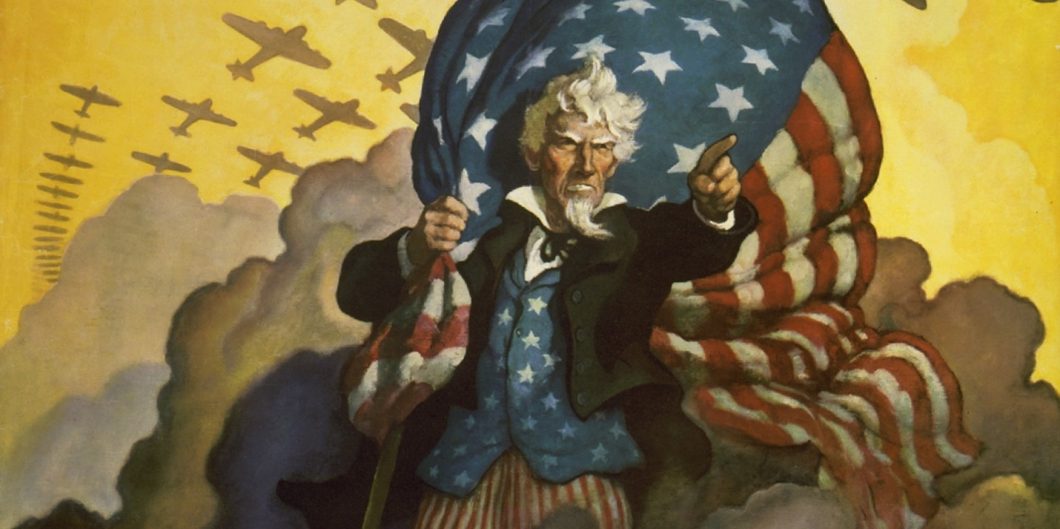Many of the traditions that Burke defended were salutary restraints on power. Conservatives shouldn't forget that America has such an inheritance, too.
American Myths: A Symposium on After Nationalism
The ties that bind seem to have frayed: We have lost the unifying sense of what it means to be an American, which must be recovered if we are to ever have a healthy political and social order again. That’s how the story often goes, at least. Samuel Goldman’s new book, though, challenges the idea that the kind of American unity we are looking for has ever existed.
Do the stories we tell about American identity hold up to historical scrutiny? Would we be better off abandoning the hope for national unity and looking instead for the ways to best cope with an inevitable pluralism? Are constitutionalism and equality under the law better understood as “institutions of disagreement” than as an ideological American creed?
We invited five reviewers to consider After Nationalism and the prospect of a unified American identity.
Marching All One Way
Richard Gamble
After the Know-Nothings?
Steven B. Smith
Caught Between Creed and Covenant
Brian A. Smith
The Necessity of Cultural Nationalism
Bradford Littlejohn
After National Conservatism
George Hawley

